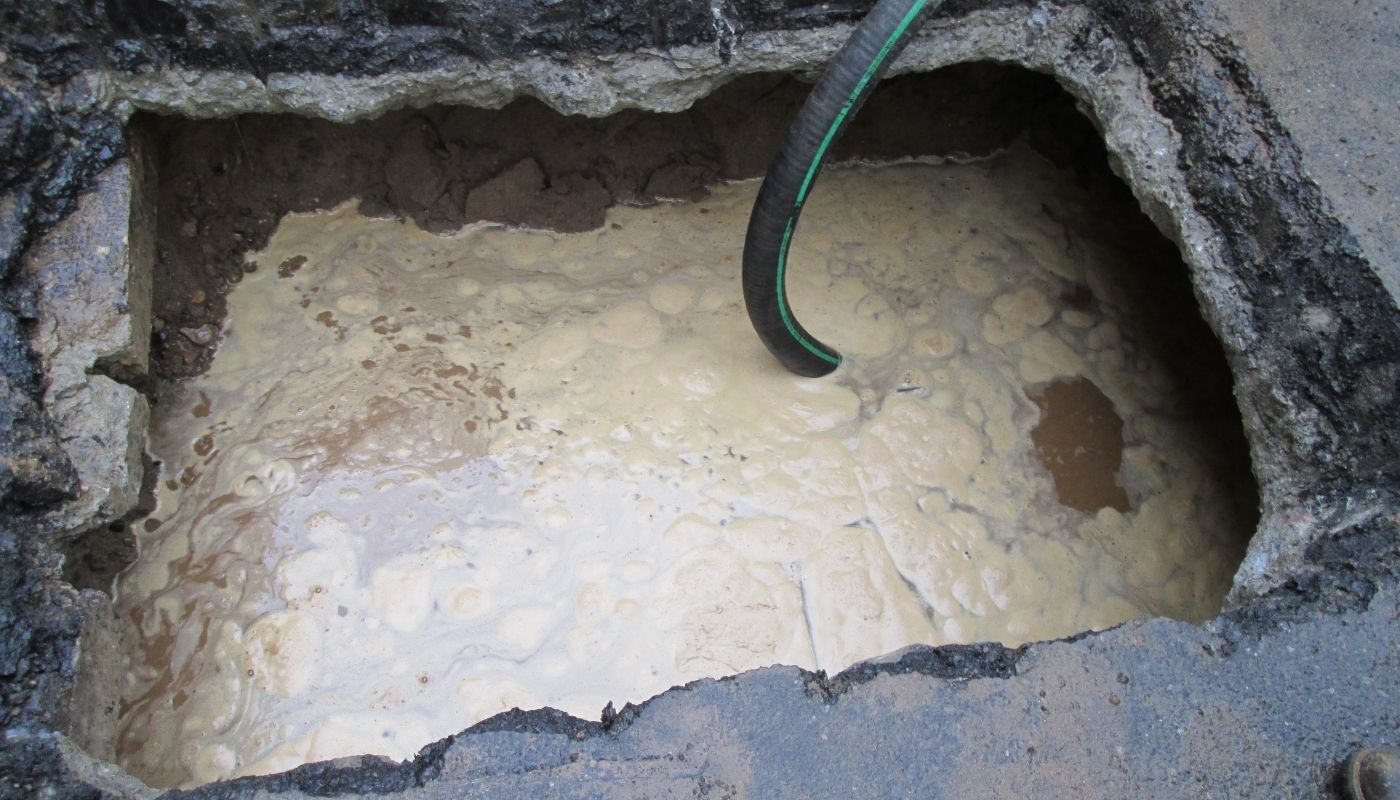Water mains in New York City are an average of 66 years old. Old pipes become brittle and are more prone to breaks. Residential water service pipes have similar issues. But age isn’t the only cause of water main problems. There are several common reasons why water mains break.
Freeze-Thaw Cycles
Sudden changes in temperatures put additional stress on underground pipes. As the ground freezes, external soil pressure on pipes increases.
A sudden shift in the temperature of water flowing through pipes also causes a kind of shock effect. When the water freezes, it expands, forcing the pipe to expand and possibly crack. Ice may block the water in a frozen pipe. When the ground thaws and water under pressure suddenly begins to flow again, the pipe will leak or break at its weakest point.
Shifting Soil
Settling and shifting soils can put pressure on underground pipes. Unusually wet or dry conditions cause the soil to shift, possibly undermining the pipe’s bedding or exerting greater pressure around it than previously. Heavy equipment, earth tremors, and even old-growth trees can add to the settling effect.
Corrosion
Water mains experience corrosion both inside and outside the pipe. Over time, minerals in water can corrode the inside of a pipe. Some types of soil have a corrosive effect as well. In areas with acidic soils, soil testing can determine if underground pipes should receive a protective coating to prevent or minimize corrosion.
Diameter
If a pipe is too small in diameter to handle the pressure of the water that flows through it, breaks can happen. Municipal water mains are large pipes that can manage the level of water pressure they must endure. An improperly installed residential water service pipe that is too narrow may fail and create a flooded front yard.
Material
Old water mains are composed of lead and galvanized pipe, which can last a century but will eventually become brittle and likely to break. The replacement pipe uses ductile iron or copper, which is as strong and long-lasting.
It is illegal to repair a galvanized steel or lead pipe. If your failing water service pipe uses these materials, the entire pipe needs replacement.
Excavation
Under the streets of New York City rests a complex circulatory system of electric lines, steam pipes, gas mains, and telephone and cable service lines. These run alongside water mains. Hastily or improperly completed construction work can nick water mains and cause ruptures.
Digging up the street to perform broken water main repair or new water main installation should be the task of an experienced plumber licensed to work underground. An expert water and sewer repair service will know how to avoid damaging other underground lines when repairing the broken one.
Water main breaks have become so frequent in New York City that plans are in place to spend $800 million to replace old water mains and infrastructure between 2020 and 2022. Older residential water service pipes are prone to leaks and breaks for the same reasons as city mains. In New York City, contact Harris Water Main and Sewer to diagnose and repair your external underground plumbing.





















